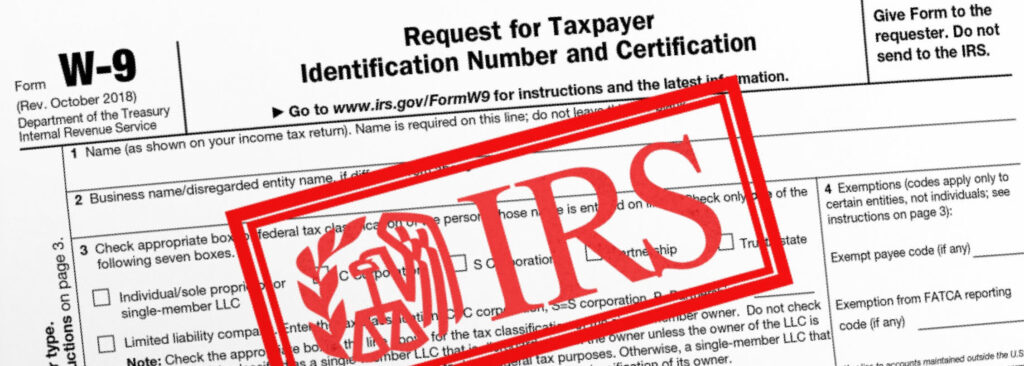In the vast landscape of retirement savings options, the Solo 401(k) stands out as a powerful and flexible tool for self-employed individuals and small business owners. This article will delve into the intricacies of the Solo 401(k), exploring what it is, how it differs from regular 401(k) plans, when it’s the right choice, and a closer look at Vanguard’s Solo 401(k) offering.
What is a Solo 401(k)?
A Solo 401(k), also known as an Individual 401(k) or a Self-Employed 401(k), is a retirement savings plan designed for self-employed individuals, sole proprietors, and small business owners without full-time employees, other than a spouse. It combines the features of a traditional 401(k) and a profit-sharing plan, offering unique advantages for retirement savings.
The Solo 401(k) allows you to make both employee and employer contributions, which can provide substantial tax benefits. As of 2021, you can contribute up to $19,500 per year as the employee, and as the employer, you can contribute up to 25% of your net self-employment income, up to a total contribution limit of $58,000 (or $64,500 for those aged 50 and older with catch-up contributions).
Solo 401(k) vs. Regular 401(k): What’s the Difference?
The primary difference between a Solo 401(k) and a regular 401(k) lies in the eligibility and structure:
- Eligibility: Solo 401(k)s are designed for businesses with no full-time employees other than the owner(s) and their spouse. Regular 401(k)s are typically offered by larger employers for their employees.
- Contribution Limits: Solo 401(k)s often allow for higher contribution limits compared to regular 401(k)s, especially when considering both employee and employer contributions.
- Administrative Simplicity: Solo 401(k)s tend to have lower administrative requirements and costs compared to regular 401(k)s, making them an attractive choice for small business owners.
- Investment Control: Solo 401(k)s often provide greater investment control, allowing account holders to choose from a wider range of investment options, including stocks, bonds, mutual funds, and even alternative investments.
When to Consider the Solo 401(k)
The Solo 401(k) can be a powerful retirement planning tool, but it’s not suitable for everyone. Here are some scenarios where it makes sense to consider this option:
- Self-Employment: If you are self-employed or run a business with no full-time employees other than yourself and a spouse, a Solo 401(k) could be an excellent choice.
- Desire for Higher Contributions: If you want to maximize your retirement savings and are comfortable making both employee and employer contributions, the Solo 401(k) allows for substantial contributions.
- Tax Advantages: The Solo 401(k) can offer significant tax benefits, particularly if you’re in a higher tax bracket and want to take advantage of pre-tax contributions.
- Investment Flexibility: If you seek greater control over your investments and want to explore a wide range of options, including self-directed investments, the Solo 401(k) provides that flexibility.
Vanguard Solo 401(k): A Closer Look
Vanguard, a renowned investment management company, offers its version of the Solo 401(k) plan. Vanguard’s Solo 401(k) is a comprehensive retirement savings solution, allowing individuals to access Vanguard’s extensive lineup of mutual funds and exchange-traded funds (ETFs) while enjoying the tax benefits of a Solo 401(k) plan.
This option provides the same contribution limits and tax advantages as any other Solo 401(k). However, Vanguard’s reputation for low-cost investing may make it an attractive choice for those seeking to minimize fees while building a diversified retirement portfolio.
In conclusion, the Solo 401(k) is a dynamic retirement planning tool tailored for the self-employed and small business owners. Its unique features, including higher contribution limits and investment control, set it apart from regular 401(k) plans. When considering retirement options, weigh the benefits of a Solo 401(k) against your individual circumstances and long-term financial goals. And for those interested in a Vanguard Solo 401(k), it’s worth exploring how this respected institution can help you achieve your retirement dreams while keeping costs in check.



